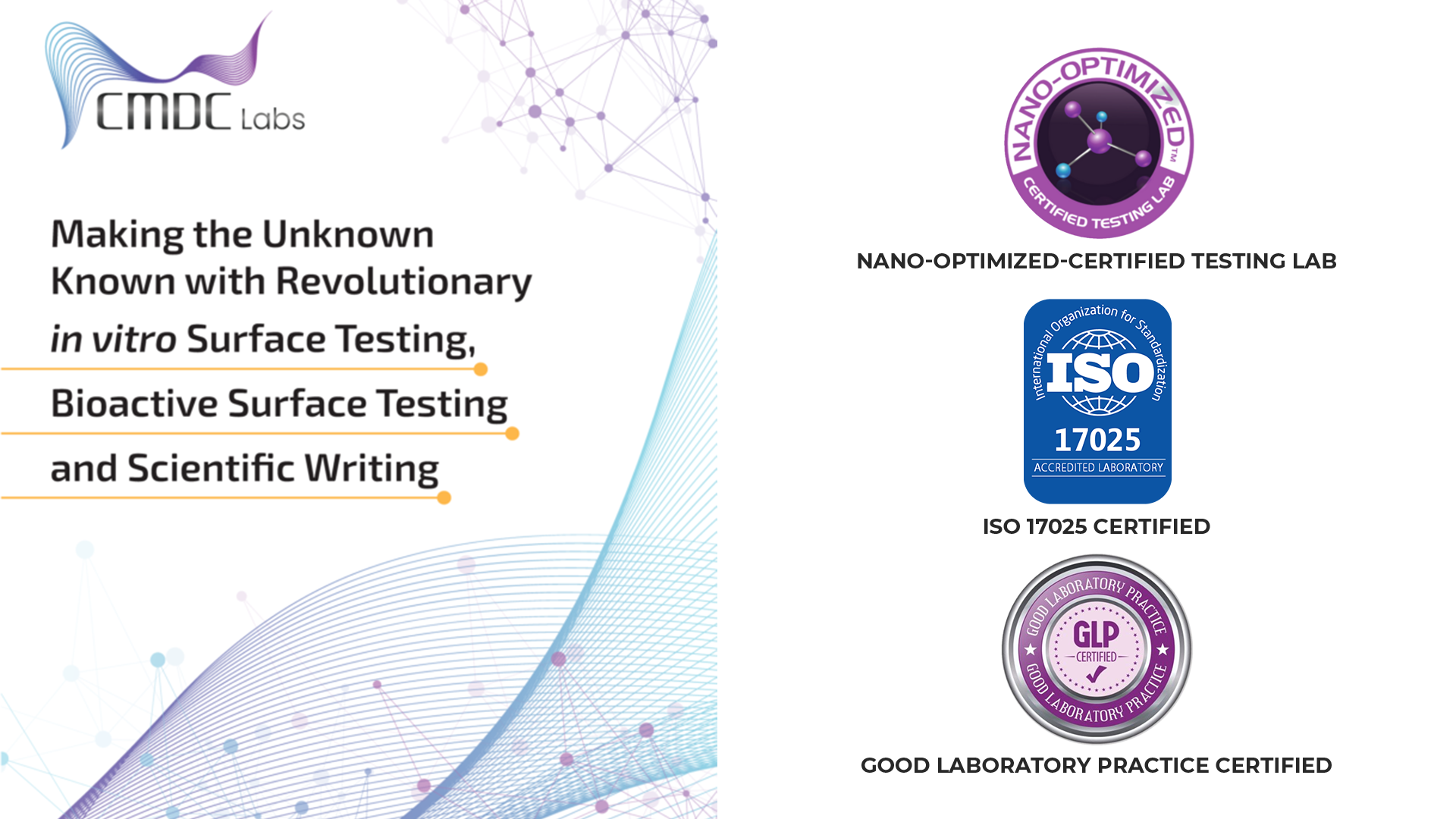Microbial research, a dynamic and interdisciplinary field, is witnessing unprecedented advancements fueled by collaboration among scientists, researchers, and institutions. This article delves into the transformative power of collaborative efforts in microbial research, exploring key initiatives, breakthroughs, and the far-reaching impact of collective expertise in unraveling the mysteries of microorganisms.
Collaborative Initiatives Shaping Microbial Research:
- Global Microbiome Projects: International collaborations, such as the Human Microbiome Project and Earth Microbiome Project, are mapping the diverse microbial communities inhabiting different environments, contributing to a comprehensive understanding of microbial ecosystems.
- Cross-Disciplinary Partnerships: Collaborations between microbiologists, geneticists, bioinformaticians, and environmental scientists are breaking down traditional silos. This multidisciplinary approach fosters innovative solutions and accelerates progress in diverse aspects of microbial research.
- Industry-Academia Partnerships: Collaborations between academic institutions and industry players are driving applied microbial research. This synergy facilitates the translation of scientific discoveries into practical applications, from biotechnology advancements to pharmaceutical innovations.
Breakthroughs Resulting from Collaborative Efforts:
- Antibiotic Discovery and Resistance: Collaborative research has led to the discovery of novel antibiotics and insights into antibiotic resistance mechanisms. By pooling resources and expertise, researchers are addressing the global challenge of antimicrobial resistance.
- Microbial Biotechnology Innovations: Partnerships between academia and industry have spurred innovations in microbial biotechnology, ranging from the development of microbial-based biofuels to the creation of environmentally friendly microbial processes for industrial applications.
- Precision Microbiome Interventions: Collaborative studies are unraveling the intricate relationship between the human microbiome and health. This knowledge is paving the way for precision microbiome interventions that have implications for personalized medicine and disease prevention.
Advantages of Collaborative Approaches in Microbial Research:
- Shared Resources: Collaborations enable the pooling of resources, including state-of-the-art laboratories, specialized equipment, and large-scale datasets. This shared infrastructure accelerates the pace of research and enhances its scope.
- Diverse Perspectives: Interdisciplinary collaborations bring together researchers with diverse perspectives and skill sets. This diversity fosters creativity, encourages innovative problem-solving, and ensures a holistic approach to complex microbial challenges.
- Global Impact: Collaborative efforts extend beyond geographical boundaries, allowing researchers to address global challenges such as infectious diseases, environmental sustainability, and food security. The collective impact of these endeavors is shaping the future of microbial research on a global scale.
Challenges and Future Prospects:
- Data Integration and Standardization: Collaborative research generates vast amounts of data. Addressing challenges related to data integration, sharing, and standardization is crucial for maximizing the impact of collaborative microbial research.
- Ethical Considerations: As collaborative efforts expand, ethical considerations regarding data sharing, intellectual property, and equitable distribution of benefits need careful attention to ensure the responsible conduct of research.
Conclusion:
The power of collaboration in microbial research is evident in the groundbreaking discoveries and innovations that continue to reshape our understanding of microorganisms. By fostering a culture of cooperation and knowledge-sharing, collaborative initiatives are propelling microbial research into new frontiers, holding the promise of addressing some of the most pressing challenges facing humanity.

